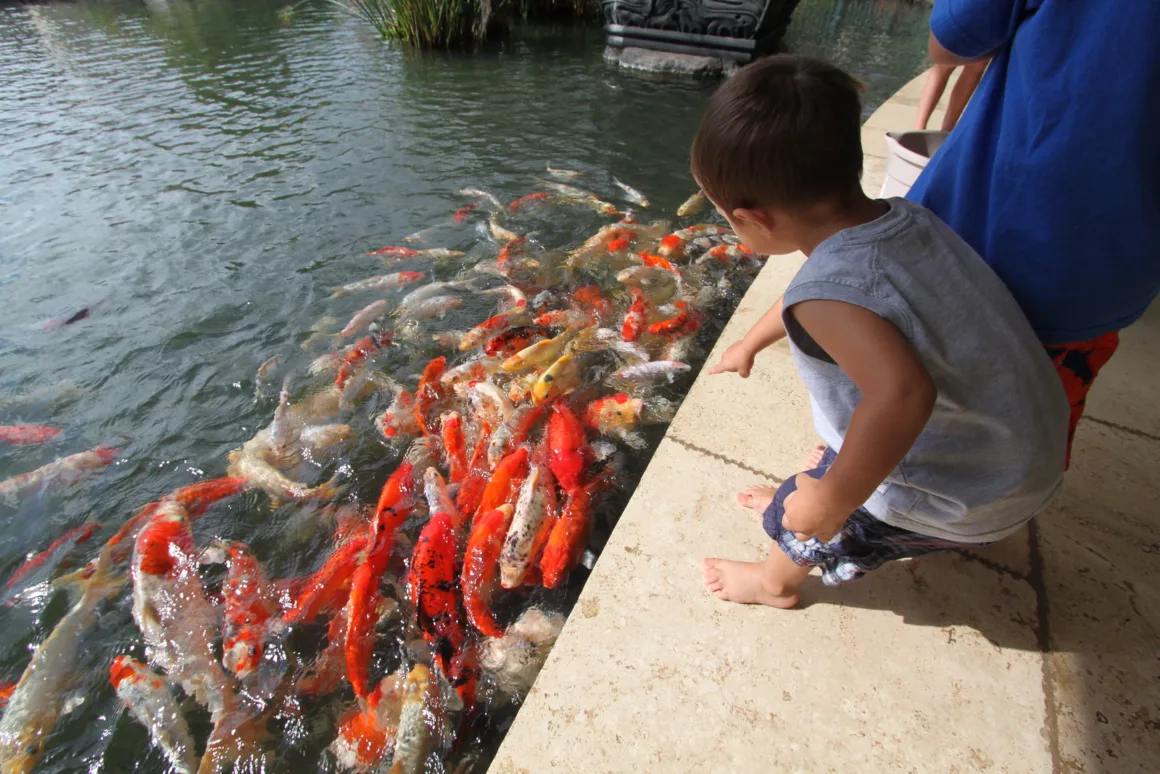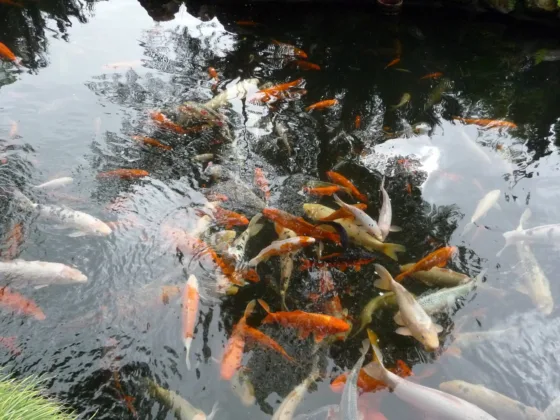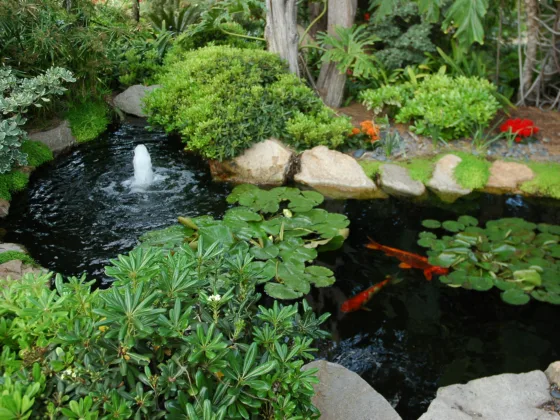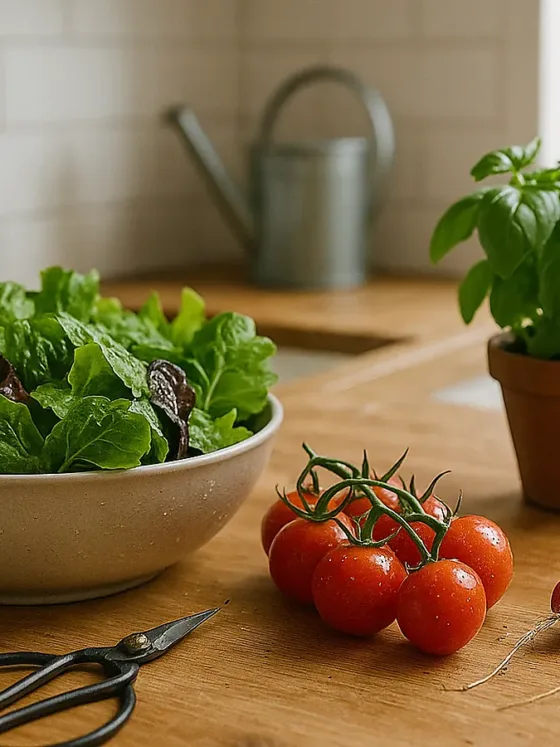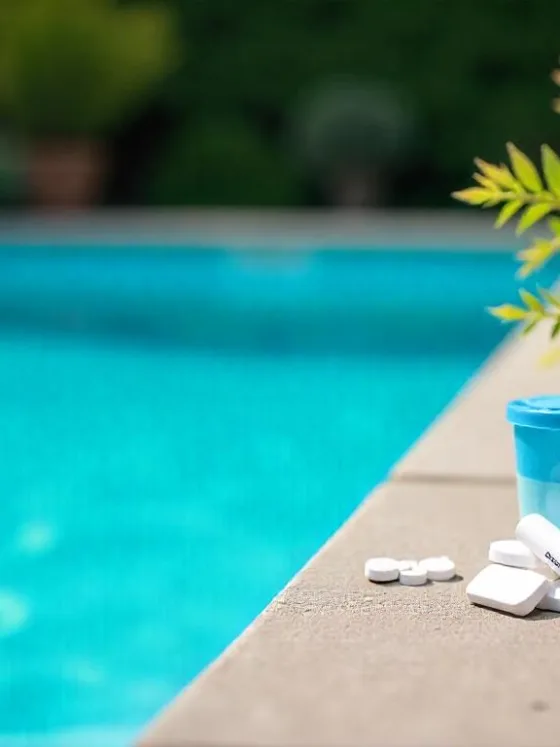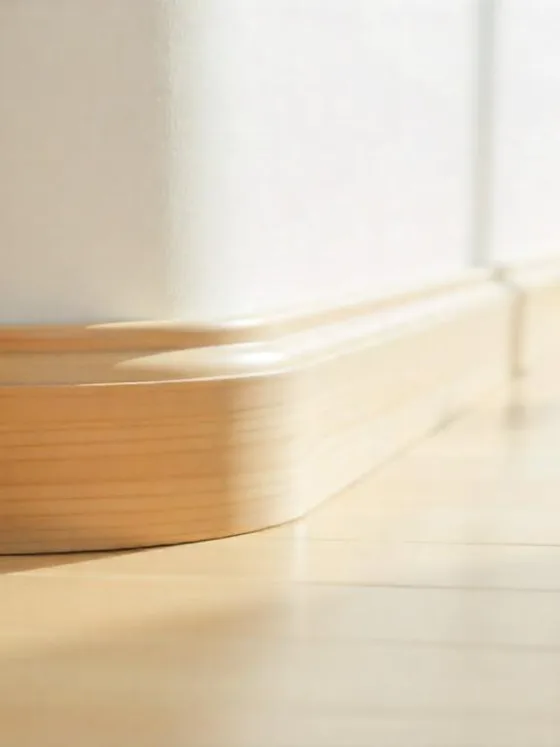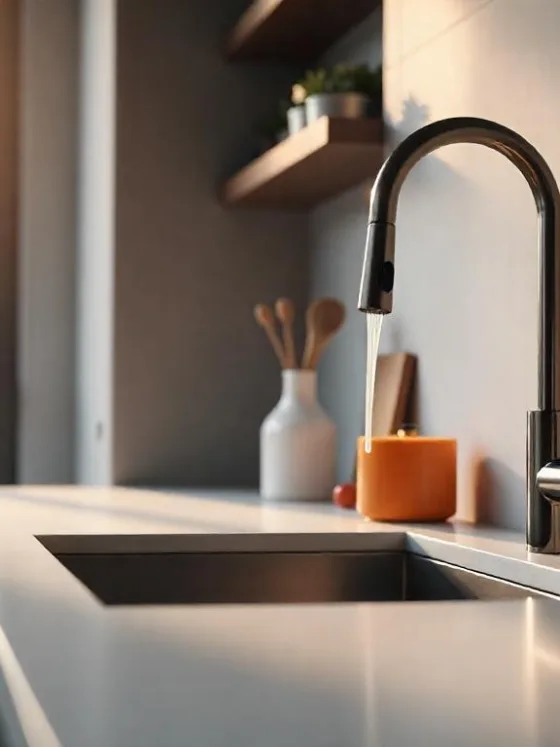Table of Contents Show
When it comes to keeping koi fish, providing them with a balanced and nutritious diet is essential for their health and well-being. The right food can not only enhance the vibrant colors of your koi but also promote their growth and boost their immune system.
Understanding the Dietary Needs of Koi Fish
Koi fish are omnivorous, meaning they eat both plant and animal matter. Their diet should consist of a combination of protein, carbohydrates, fats, vitamins, and minerals to ensure their overall health. Here are some factors to consider when choosing the right food for your koi fish:
1. Protein Content
Protein is an essential nutrient for koi fish as it supports muscle development and growth. Look for fish food with a high protein content, preferably around 30-40%. This can come from sources like fish meal, shrimp, or worms.
2. Carbohydrates
Carbohydrates provide energy to koi fish. Look for food that contains a moderate amount of carbohydrates, typically around 30-40%. Wheat germ is a common carbohydrate source in koi fish food.
3. Fats
Fats are a concentrated source of energy and help promote healthy skin and scales in koi fish. Look for food that contains a moderate amount of fat, typically around 5-10%. Fish oil is a common source of healthy fats in koi fish food.
4. Vitamins and Minerals
Vitamins and minerals are necessary for the overall health and immune system of koi fish. Look for food that contains a good balance of essential vitamins and minerals such as vitamin C, vitamin E, and calcium.
Related:
- How to Build and Maintain a Koi Pond: A Complete Guide
- Choosing the Perfect Location for Your Koi Pond
- Choosing the Right Filter for Your Koi Pond
- Can I Keep Other Fish with My Koi Fish?
Types of Koi Fish Food
There are various types of koi fish food available in the market, including:
- Pellets: Pellets are a popular choice as they are nutritionally balanced and come in a variety of sizes for different koi fish sizes.
- Flakes: Flakes are another common option and are suitable for smaller koi fish.
- Gel Food: Gel food is a great choice for providing a varied diet as it can be mixed with vegetables, fruits, or other additives.
- Live Food: Live food such as worms or shrimp can be given as occasional treats to provide enrichment and mimic a natural diet.
Feeding Guidelines
When feeding your koi fish, here are some important guidelines to follow:
- Feed your koi fish 2-3 times a day, but avoid overfeeding as it can lead to health problems and water pollution.
- Offer an amount of food that your koi fish can consume within a few minutes.
- Monitor the water temperature as it affects the metabolic rate of koi fish. Adjust the feeding amount accordingly.
- Consider the size of your koi fish when selecting the food size. Smaller pellets or flakes are suitable for smaller fish, while larger pellets are better for larger fish.
- Observe your koi fish and adjust the feeding amount based on their appetite and growth.
Conclusion
Choosing the right food for your koi fish is crucial for their health and vitality. By understanding their dietary needs and selecting quality food, you can ensure that your koi fish thrive in your pond or aquarium. Remember to provide a balanced diet, monitor their feeding habits, and make adjustments as necessary to keep your koi fish happy and healthy.
